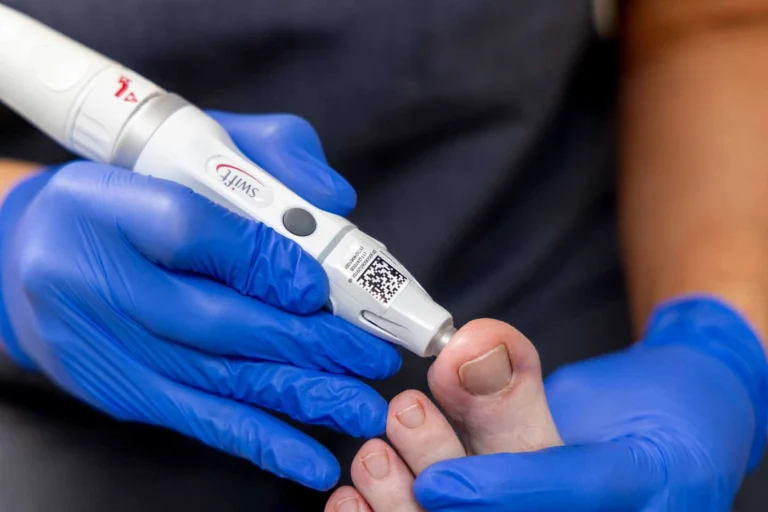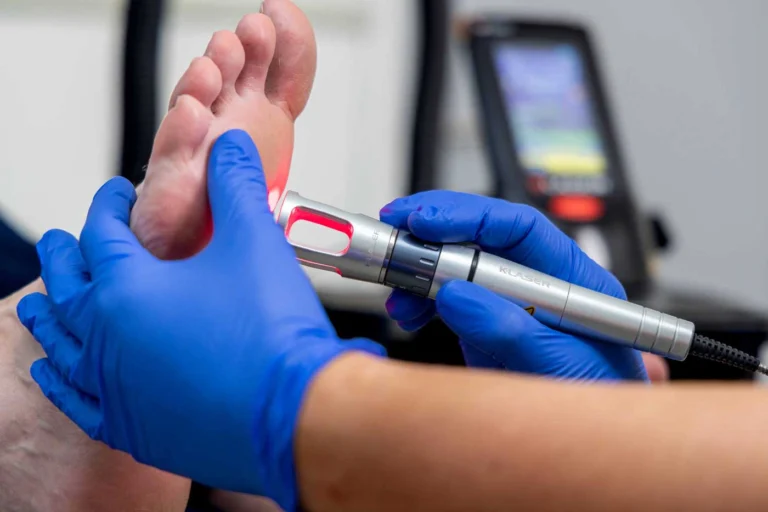
Verrucae, also known as plantar warts, are small, rough growths that appear on the soles of the feet. They are caused by the human papillomavirus (HPV), which infects the outer layer of skin. The virus enters through small cuts or breaks in the skin, typically in areas where pressure is applied, such as the heels or balls of the feet. Verrucae are often seen in children and young adults, as they have more frequent exposure to the virus in communal environments like swimming pools, locker rooms, or gyms.
The primary cause of verrucae is direct contact with HPV, either through touching an infected surface or by walking barefoot on contaminated ground. Since HPV thrives in warm, damp conditions, places like public showers and poolside areas increase the risk of developing verrucae. Although verrucae are not highly contagious through casual contact, sharing personal items like towels or shoes with someone infected can increase the risk of transmission.

Over-the-counter treatments and freezing can be convenient but are not as effective as more recent developments including Swift™ and K-Laser™. There are risks associated with treating verrucae at home if their are complicating factors such as diabetes, impaired immune system, poor circulation, poor sensation or an altered foot shape. Your Podiatrist can assess the risks for you to ensure any treatment is appropriate and safe for your circumstances. Call to arrange a consultation on (01392) 217333 or book online.

More modern treatments with greater success rates include “Swift™” microwave therapy and “K-Laser™”. Minor surgical procedures may also be used for more persistent or larger verrucae. In some cases, the immune system may clear the wart without intervention, but it can take months to many years. It’s important to avoid picking at or scratching verrucae, as this can spread the virus. Preventative measures include practicing good foot hygiene and wearing footwear in communal spaces.
A visit to a Podiatrist will enable them to confirm the diagnosis, assess what treatments would be most suitable to safely meet your health and social circumstances. They will discuss the benefits and risks of these options and provide a treatment plan to meet your requirements. No treatment is 100% effective and your Podiatrist will be able to discuss this with you to manage your expectations and ensure you are on the right path to meet your requirements.
Seeking prompt treatment can help reduce the risk of verrucae enlarging, becoming painful or spreading to friends / family or to other areas of your own feet.